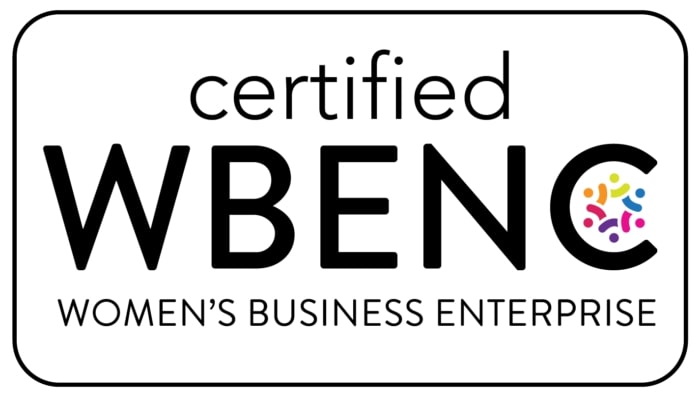The United States Citizenship and Immigration Services (USCIS) held a Stakeholder Engagement on April 9, 2015 to discuss the L-1B Adjudications Policy Memorandum, which was posted by the USCIS on March 24, 2015. The initial L-1B memorandum will remain open for public feedback until May 8, 2015, and a final publication of the memorandum will become effective August 31, 2015.
The engagement began with a discussion of the purposes of the initial L-1B memorandum, which were identified by the USCIS to be:
- To provide “consolidated and authoritative guidance on the L-1B program superseding and rescinding certain prior L-1B memoranda.”
- To create flexibility for Petitioners to demonstrate specialized knowledge, following years of increasing L-1B denial rates, while maintaining the integrity of the L-1B visa program.
The initial L-1B memorandum reiterates some salient aspects of the L-1B visa program and the interpretation of specialized knowledge including:
- Specialized knowledge is knowledge that is not easily obtained or imparted to other individuals
- Specialized knowledge “need not be proprietary” or “narrowly held within the Petitioning organization”
- Specialized knowledge need not command a high wage or managerial position within the Petitioning organization
- A test of the US labor market is not required for the L-1B visa program
However, in a Question and Answer session of the engagement, many concerns were raised about the memorandum, including its lack of specifics and concrete examples and its unknown, potential effects on foreign and U.S. workers. Common concerns raised about the unknown effects of the memorandum included the already ever-increasing backlog in the Green Card process for workers in an L-1B classification, the failure of the L-1B program to specify wage requirements, the inability of workers in this classification to change employers, and a lack of protection for the U.S. labor force.
Another issue raised by a stakeholder in the Question and Answer session was concerning the major discrepancy in the previous adjudications of L-1B visa petitions amongst foreign nationals from different countries, who cited a 56% denial rate for Indian nationals and a 13% denial rate for all other intra-company transferees, according to the National Foundation for American Policy.
The USCIS committed to looking into this discrepancy and also committed to the possibility of providing concrete examples in the memorandum as guidance for Petitioning organizations looking to demonstrate specialized knowledge. However, the USCIS representatives at the engagement were non-committal in addressing the backlog in the Green Card process for L-1B workers and concerns about the lack of wage requirements and portability in the L-1B visa program, saying that the government is considering broader initiatives to streamline the immigration process, which may address these issues.
Please feel free to contact USILaw with any questions or issues that you may have. You may reach us via telephone at +1 (202) 618 4540 or via email at info@USILaw.com.




